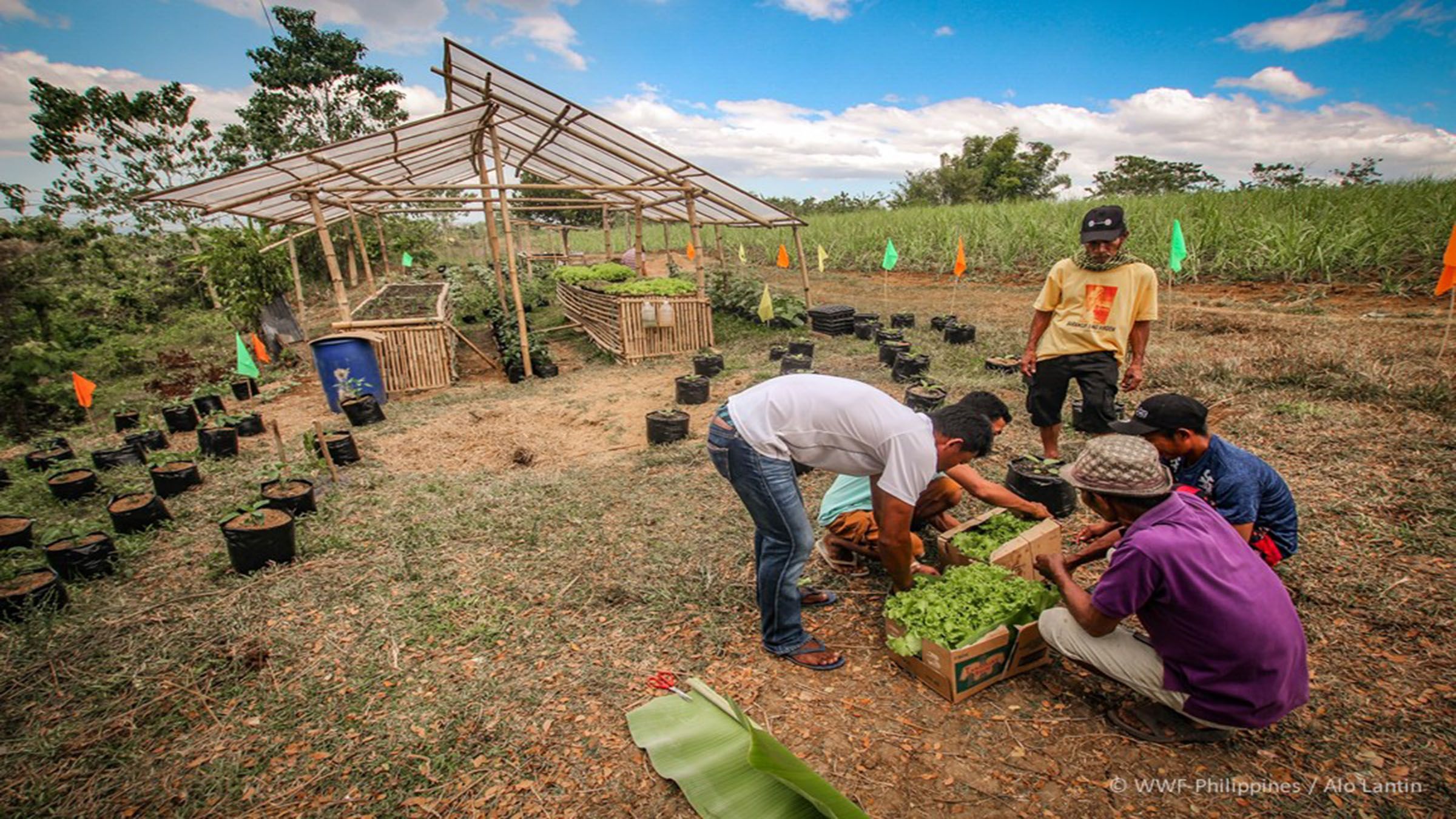In a world grappling with environmental challenges, the Philippines stands at the crossroads of embracing sustainable living. As a nation blessed with natural beauty and rich biodiversity, the possibility of adopting sustainable practices holds immense promise. This editorial delves into the potential of sustainable living in the Philippines, highlighting key factors and initiatives that can pave the way for a greener and brighter future.
The Philippines boasts an abundance of natural resources, from lush rainforests to stunning coastlines and diverse marine ecosystems. Embracing sustainable living means safeguarding these treasures for future generations. Through the establishment and expansion of protected areas, reforestation efforts, and sustainable fishing practices, the Philippines can preserve its natural bounty and maintain a delicate balance between development and conservation.
With its favorable climate and geographical location, the Philippines has the potential to become a leader in renewable energy. By tapping into its vast solar, wind, and geothermal resources, the country can reduce its dependence on fossil fuels and make significant strides towards sustainability. Encouraging investments in renewable energy infrastructure, promoting clean energy policies, and empowering local communities to embrace green technologies will be key to unlocking this potential.
Agriculture plays a crucial role in the Philippines, both in terms of livelihoods and food security. Embracing sustainable agricultural practices can promote resilience, enhance productivity, and protect the environment. Supporting small-scale farmers, promoting organic farming methods, and investing in research and development for sustainable crop production are essential steps towards achieving food sovereignty and ensuring a sustainable future for the nation.
The concept of a circular economy revolves around reducing waste, reusing materials, and recycling resources. In the Philippines, initiatives that encourage responsible waste management, promote eco-friendly packaging, and foster a culture of recycling can significantly contribute to sustainable living. Embracing the principles of a circular economy not only reduces environmental impact but also presents economic opportunities and job creation.
The possibility of sustainable living in the Philippines is not a distant dream but a tangible reality within reach. By preserving natural resources, harnessing renewable energy, empowering sustainable agriculture, and embracing a circular economy, the nation can chart a course towards a greener and more prosperous future. It is a collective responsibility, and by taking decisive action now, we can leave a lasting legacy for generations to come.
